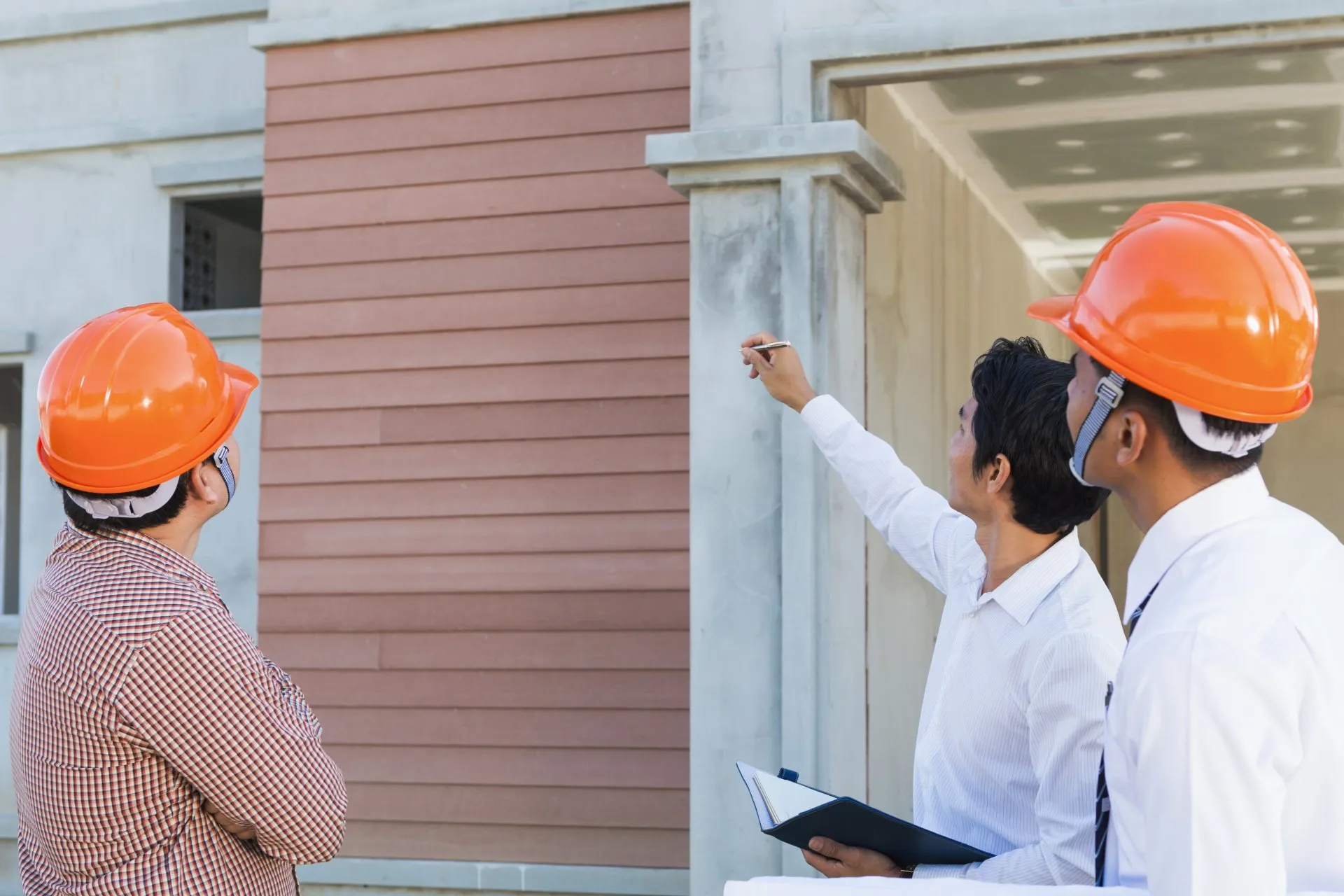
Choosing a Home Inspector
When looking to hire a home inspector in the Fort Worth area, you’ll want to find one who is experienced, thorough, and professional. Look for an inspector who:
Has Significant Experience
Find an inspector with at least 5 years of experience inspecting homes in Fort Worth. They’ll be familiar with local building codes, common issues, and what to look out for. Preferably, choose an inspector who works full time and has inspected over 200 homes.
Offers References
An inspector should have strong references from recent clients in the Fort Worth area vouching for their thoroughness and professionalism. Speaking to references gives insight into what an inspection with that company is like.
Holds Certifications
Choose an inspector who has certifications from respected industry organizations such as the American Society of Home Inspectors (ASHI) or the International Association of Certified Home Inspectors (INTERNACHI). This helps ensure proper training and adherence to codes of ethics.
Scheduling the Inspection
Once you’ve selected a certified home inspector in Fort Worth, contact them to explain you’d like to schedule an inspection for a property you’re considering purchasing in Fort Worth. Be prepared to provide the following:
Property Address
The full street address of the property ensures the inspector investigates the correct home.
Access Details
Inform if there’s a lockbox, who/when to contact for access, or if you’ll meet them onsite with keys to provide access.
Your Contact Info
Provide phone and email so the inspector can reach you if any issue arises. Share how you prefer to receive the full inspection report as well.
Inspection Type
Confirm you want a whole home inspection checking all areas/systems. List any areas of particular concern.
With an appointment set, the thorough inspection process can begin!
The Home Inspection Process
A proper home inspection in Fort Worth generally takes 2-3 hours. This allows time for careful examination inside and out. Here are the general stages:
1. Exterior Assessment
The inspector first visually examines the home’s roof, siding, windows, doors, grading, drainage, and retaining walls outside. They’ll even check fencing, decks/porches, garages, etc. around the property looking for signs of damage or deterioration.
2.Roof Inspection
Then it’s time to inspect the roof. The inspector will typically bring a ladder to get up and closely analyze the roofing material, vents, flashing, skylights (if present), and check the chimney for cracking or debris buildup.
3. Attic Inspection
Enter the attic for careful examination of the space. The inspector is checking for proper ventilation, exposed wiring, insulation depth, framing issues like unevenness, and for signs moisture or critter intrusion like droppings or dead bugs around vents.
4. Interior Inspection
Room by room, the inspector analyzes walls, ceilings and floors looking for stains suggesting leaks, cracks indicating settling, water damage, etc. They test doors/windows, switches, outlets checking for functionality and safety. finally inspect built-in appliances.
5. Systems Inspection
The inspector will analyze the property’s HVAC, plumbing, and electrical systems. This means flushing toilets, running taps, testing drains, checking piping undersink, ensuring proper water pressure and drainage. They power test appliances as well as safety systems like GFCIs, breakers, carbon monoxide and smoke detectors.
The Inspection Report
Finally comes the full inspection report. This will document…
Overview
A summary of property condition including list of any defects, functional issues, adverse conditions, maintenance needs, recommendations, and likely repair costs.
Photos
Features photos keyed to issues/defects found for visual reference.
Category Checklists
The report organizes the inspection findings room-by-room across categories like exterior, roof, structure, electrical, plumbing, HVAC, etc. Additional checklist categories are included for major systems like appliances.
Reviewing this comprehensive inspection report allows you to evaluate condition and determine next steps on the property purchase.
Following these steps ensures a comprehensive home inspection in Fort Worth by a qualified professional inspector. Let me know if you have any other questions!

Tech Hub Digital, a one-stop destination for complete technology-related information.

